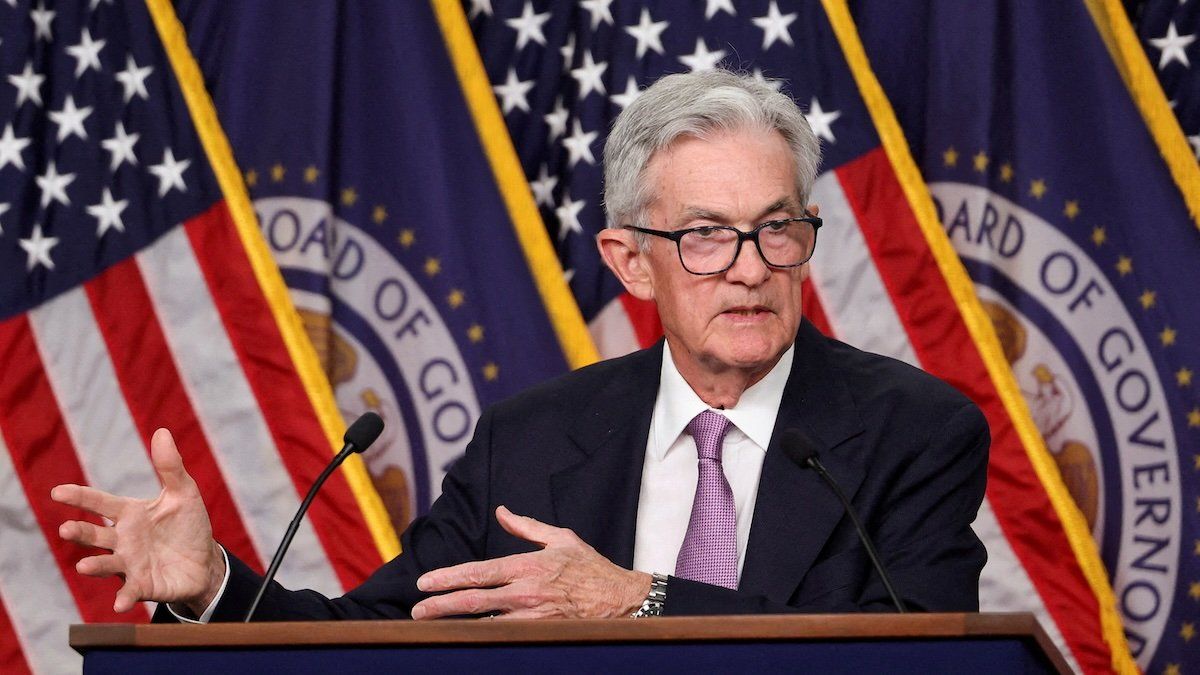The US Federal Reserve lowered interest rates by half a point on Wednesday, an expected cut but surprising in size, coming in bigger than many anticipated. Its target range is now 4.75% to 5%.
The cut was the first from the Fed in four years — and more could be coming. In August, the inflation rate was 2.5%, a significant drop from pandemic highs. In May of 2022, inflation hit 8.6%, the highest rate since 1981.
Fed Chair Jerome Powell said that growth was proceeding at a “solid rate” and that he didn’t expect an economic downturn.
Ahead of the decision, Former President Donald Trump opposed the cut, suggesting it was a political move, coming so close to an election. The decision was taken at a routine, scheduled meeting of Fed governors and independent of any electoral considerations, a common practice even in an election year. Many Republicans agreed with the decision to lower rates, and Powell said the effects would take time to move through the economy — beyond the November vote.
The cut is a sign that inflation is shifting back toward pre-pandemic levels in the US — and the Fed is not alone. In early September, the Bank of Canada cut its key rate t0 4.25%. This marked the third reduction in a row, with more, possibly bigger cuts, expected. In August, the price of goods and services in Canada ticked up just 2%, the lowest rate in nearly three and a half years and in line with the Bank’s target.
Lower inflation is good news for consumers on both sides of the border who’ve faced high and growing prices for years. The cooling inflation rates will drive calls for more central bank interest rate cuts, which are increasingly expected to follow.
